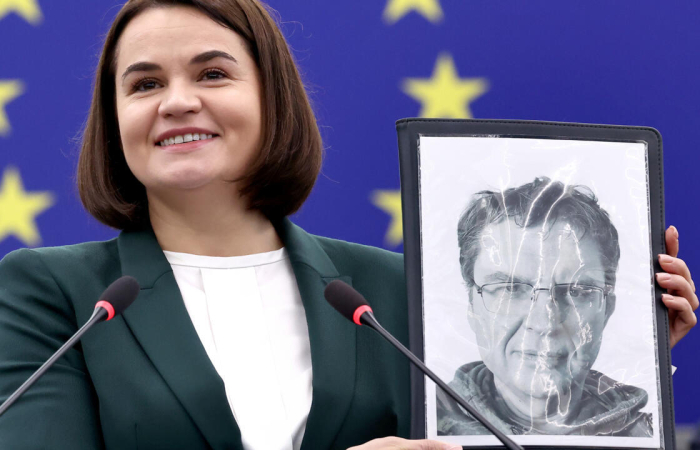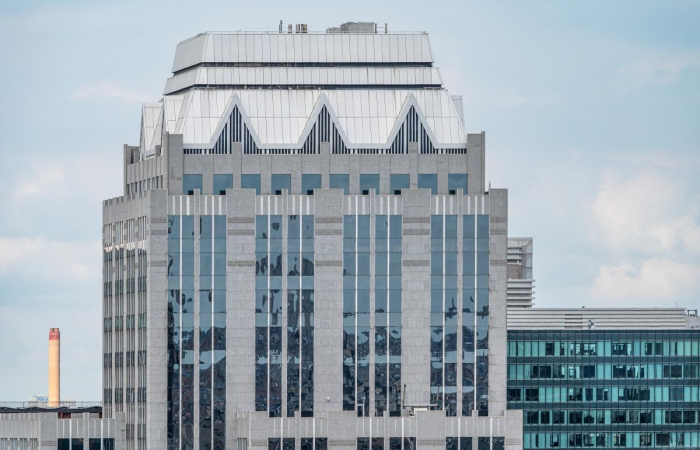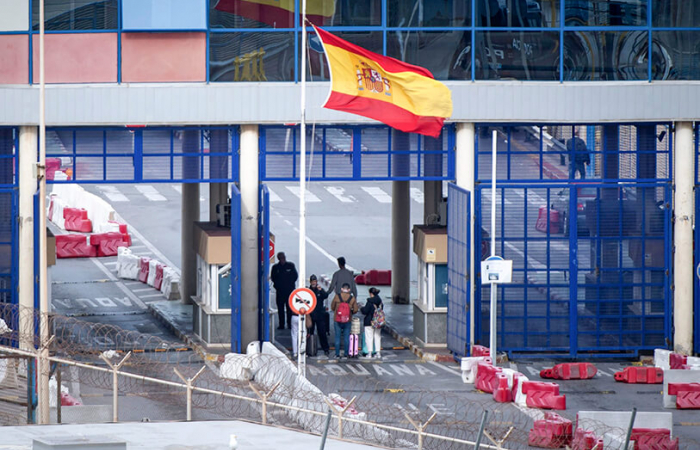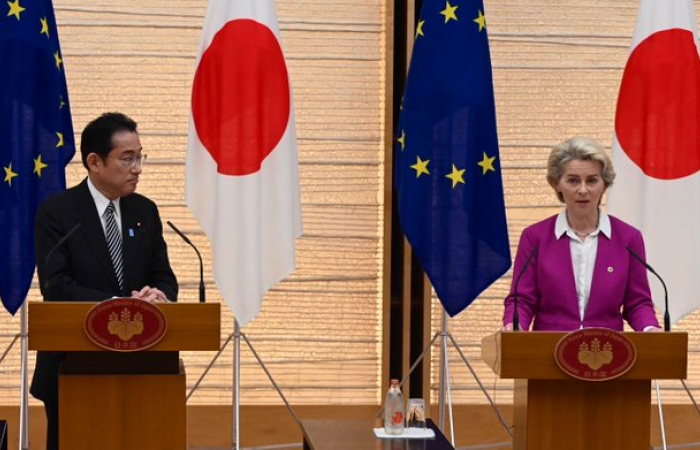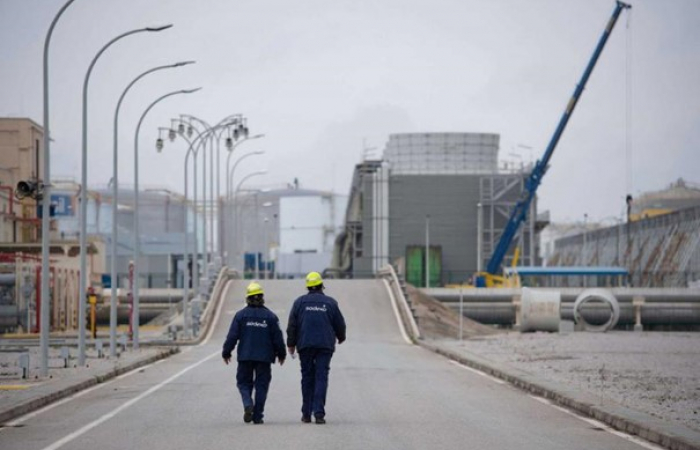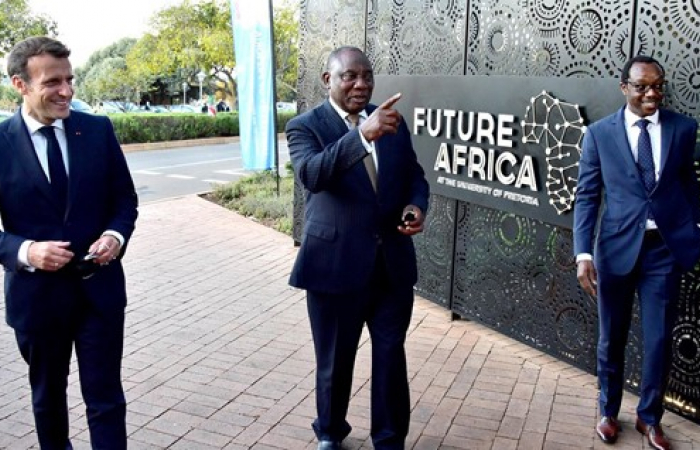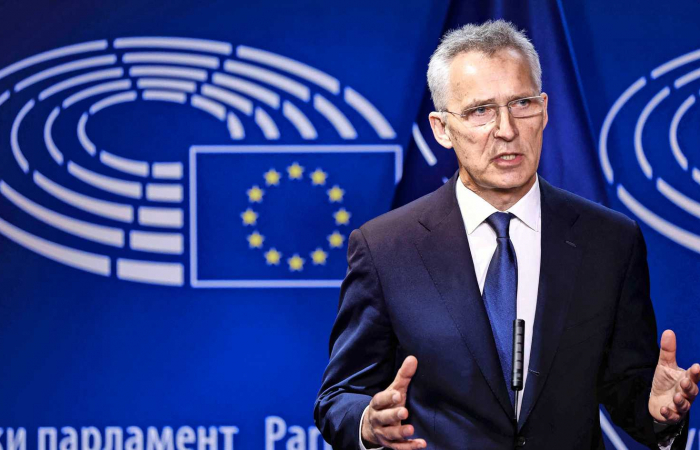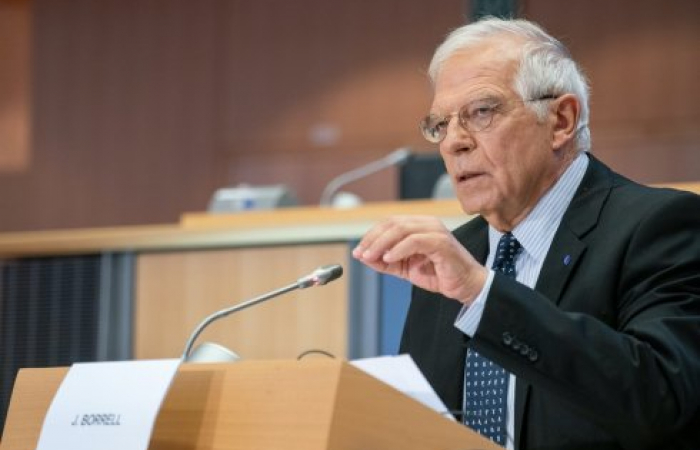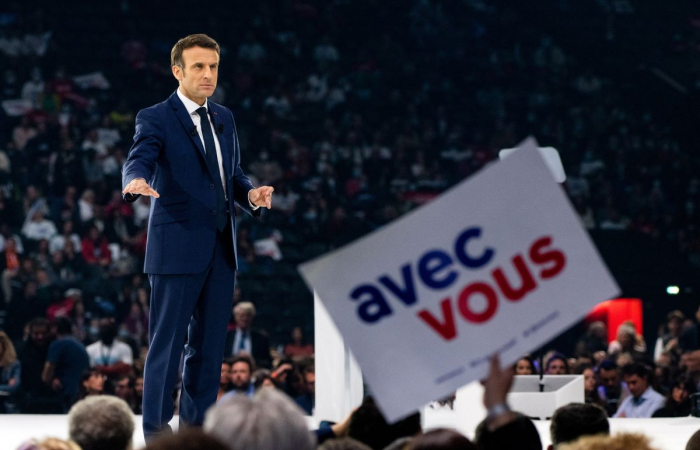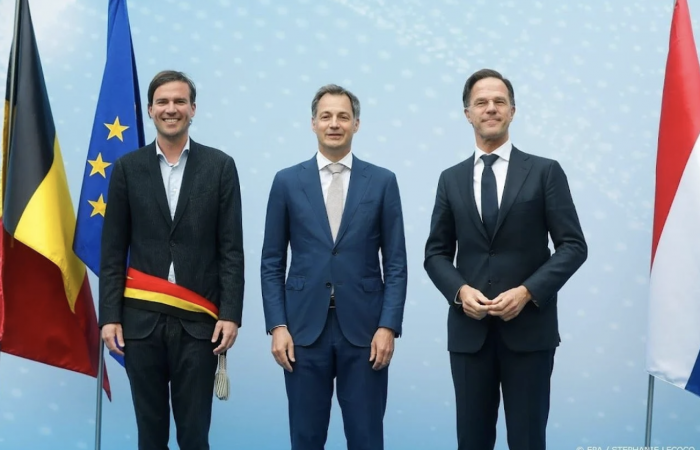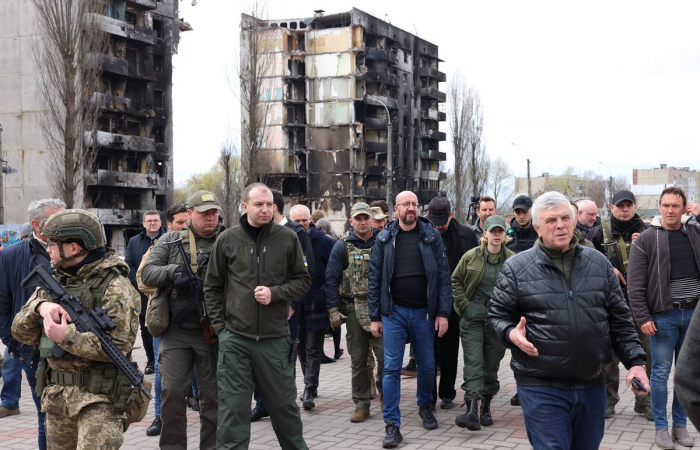Editor's choice
This is a members’ functionality. Please
Sign upNews
Trending
Von der Leyen says Russia is the most direct threat to the international order
12 May 2022
Russia “is today the most direct threat to the world order with the barbaric war against Ukraine, and its worrying pact with China”, European Commission President, Urusula von der Leyen, said in Tokyo on Thursday (12 May) after meeting Japanese Prime Minister Fumio Kishida along with European Council President Charles Michel.
The two are in Tokyo for an annual EU-Japan summit that comes with much of the international community rallying to pressure Moscow over the Ukraine war, with concern also growing about China’s role.
“Russia’s invasion of Ukraine is not just a matter for Europe, but it shakes the core of the international order including Asia. This must not be tolerated,” said Kishida, whose government has joined tough sanctions on Moscow, including on energy.
“Our cooperation in Ukraine is critical in Europe, but it’s also important in the Indo-Pacific and we also want to deepen our consultation on a more assertive China,” said Michel.



